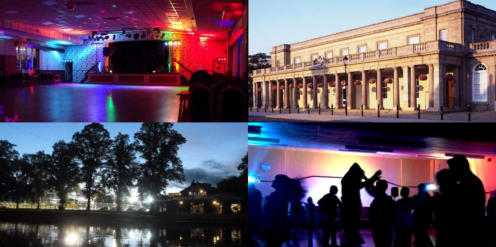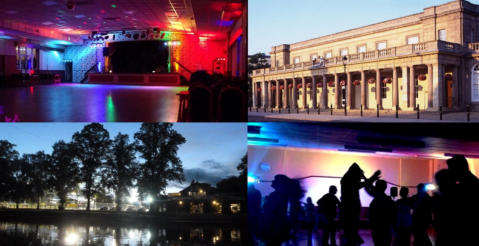© Copyright idance
2024




Frequenty Asked Questions (FAQ)
What is Modern-Jive?
Modern-Jive originated in France and was introduced to the UK in the 1980s, gaining popularity in the ‘90s. The dance has evolved enormously over the last 25 years, and it now takes moves from many other popular dance forms such as Ballroom, Salsa, Jive, Hip Hop and Tango. Modern-jive is essentially a social dance aimed at getting non-dancers onto the dance floor, although it can also be danced right up to competition level. Modern-jive is a slower dance than Rock 'n' Roll, Salsa, Lindy Hop and most Swing dances, and easier to learn than any of these, with very little prescribed footwork to learn. Most people pick up several moves after their first evening, which is often enough to dance through a whole track. Modern-jive dancing is a fun and healthy way to keep fit and to meet and mix with friends old and new. We dance to a very wide range of music from party classics to current chart hits, and everything inbetween.Do I need to enrol for a course?
No, beginners are welcome every week; simply come along whenever you would like to start. Every beginner class we teach is suitable for a complete novice.Do I need to bring a partner?
No, you can come by yourself, with a partner, or with friends. We rotate partners during the classes so you will get to meet the other members of our club.Can I stay fixed with my partner?
Modern Jive is designed to be a social dance, and we teach the classes by rotating partners. We realise this can be a little daunting at first, but it really is the best way to learn. Beginners benefit from practising with the intermediate dancers who often choose to join in and share their experience in the beginner class. However, if you would still like to fix with your partner during the class, we will accommodate this where- ever possible.What should I wear?
You do not need any particular clothing. Anything goes, casual wear or smart dress, as long as you feel comfortable and it doesn’t restrict your movement too much. As for shoes, try to wear something that will allow you to move freely on the dance floor - leather (or suede) soled shoes are ideal, but not a necessity.How much does it cost?
Prices vary from venue to venue. You should expect to pay between £7 and £8 for one of our class evenings. All our class prices are listed on the venue pages of this website. Social dance evenings (usually called freestyles) tend to cost a little more.
© Copyright idance
2024




































